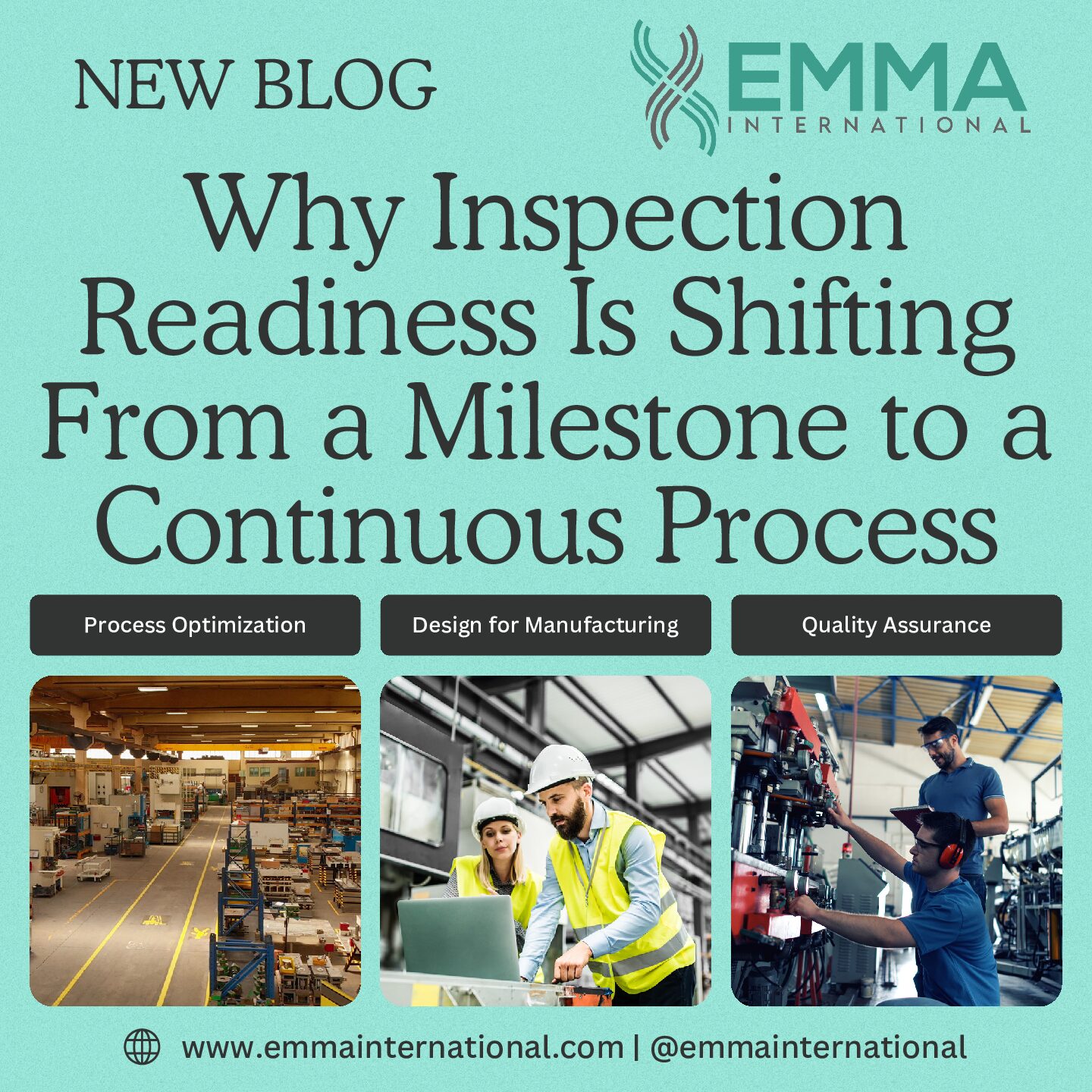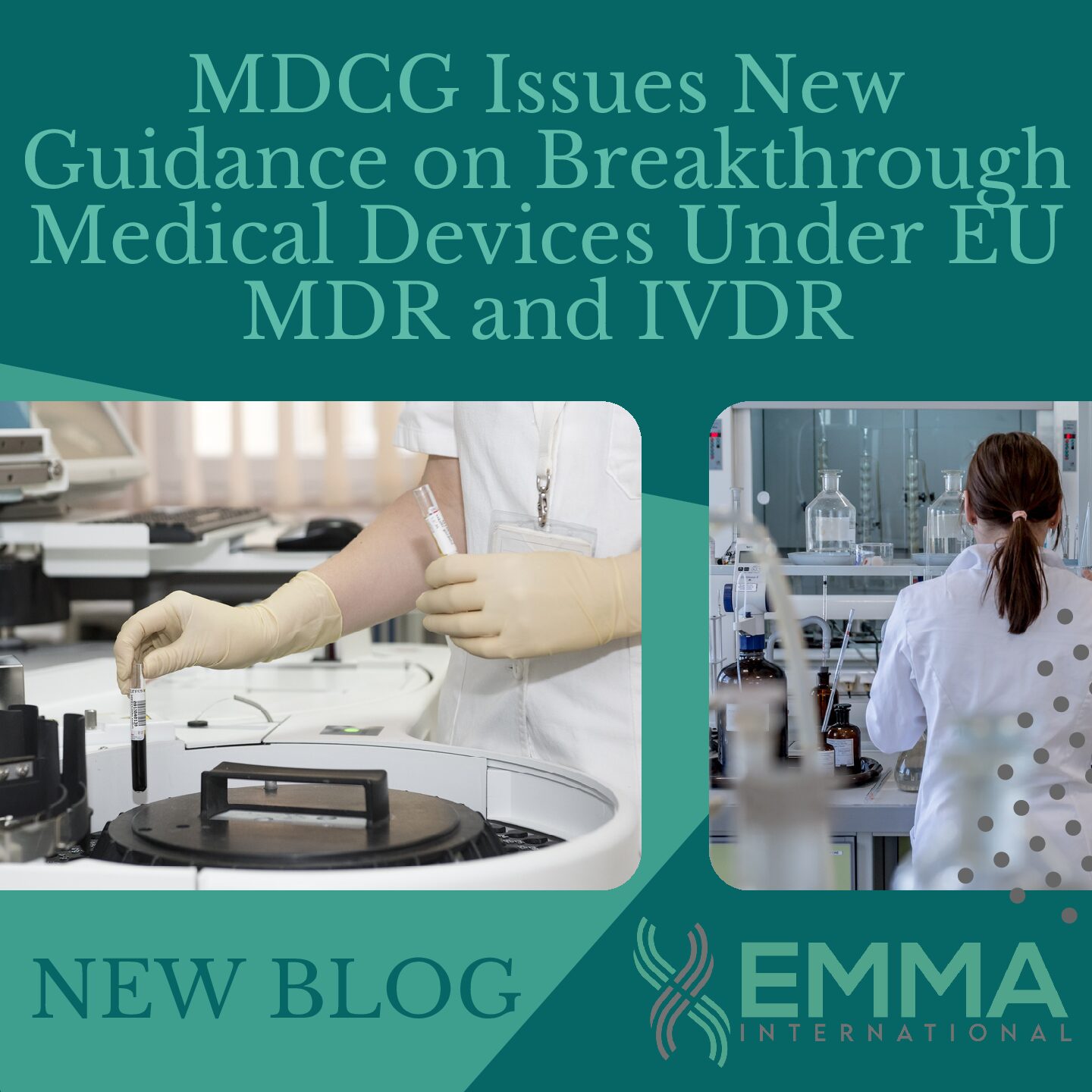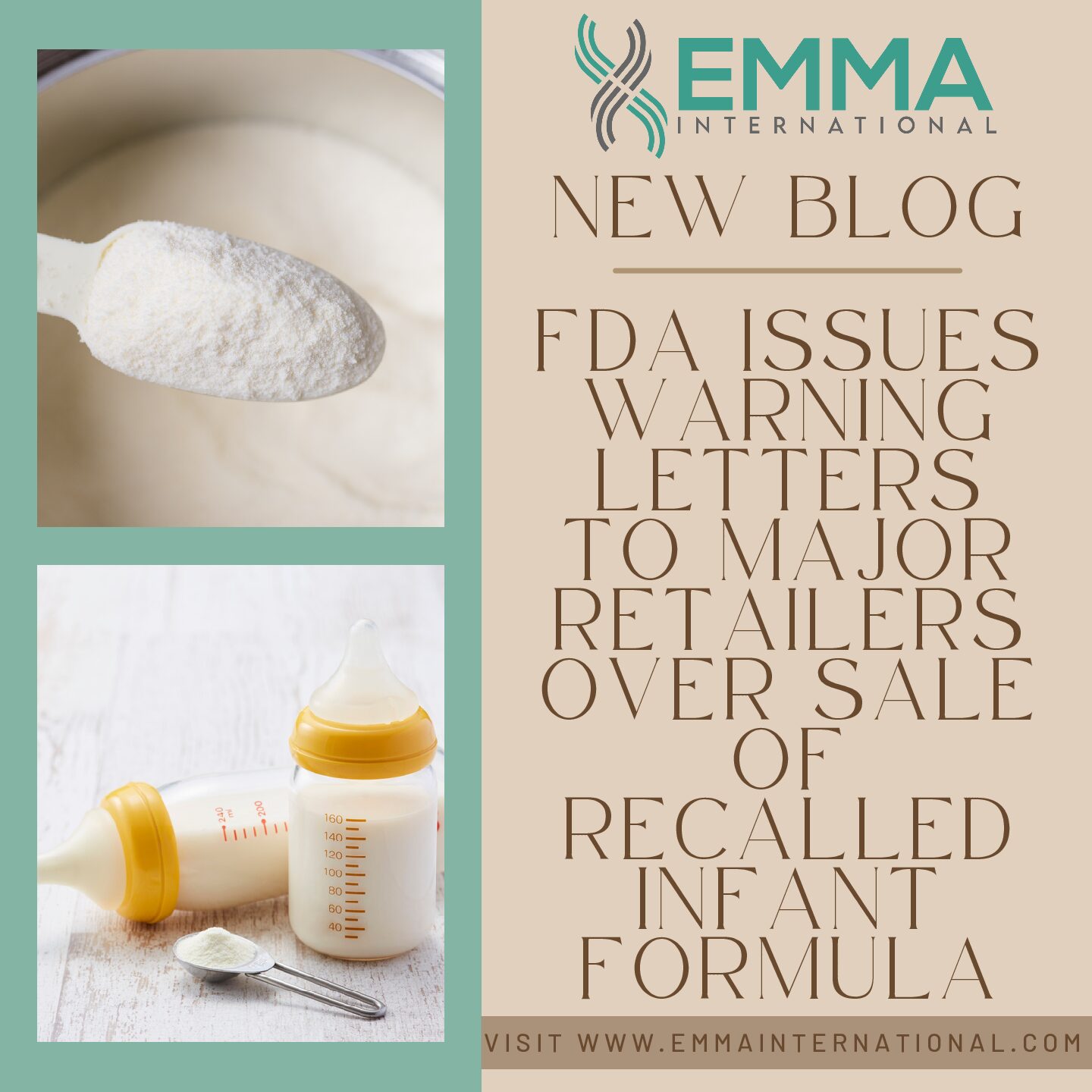One of the ways the FDA enhances safety and improves device performance is through its Voluntary Malfunction Summary Reporting Program. This initiative is instrumental in helping manufacturers, healthcare professionals, and regulators identify and address potential issues before they escalate.
The FDA’s Voluntary Malfunction Summary Reporting Program provides a framework for manufacturers to report certain types of device malfunctions that may not immediately result in adverse events but could impact patient safety or device effectiveness. By encouraging manufacturers to voluntarily report these malfunctions, the program aims to identify emerging safety concerns or trends that might not be apparent from mandatory reports alone.
The program’s primary objectives are to enhance safety monitoring, improve device performance, and enable proactive risk management. By reporting malfunctions, manufacturers contribute to a broader dataset that helps the FDA identify potential safety issues early. This proactive approach allows for improvements in device design, manufacturing processes, and quality control, ultimately enhancing device performance and reducing risks.
Although participation is voluntary, it is highly encouraged for medical device manufacturers. These manufacturers benefit from reporting malfunctions that might affect safety or performance but may not cause immediate adverse events. Healthcare providers, while not directly responsible for reporting, play a critical role by providing feedback on device performance and reporting any issues they observe.
Manufacturers interested in the program should first determine if a malfunction is significant enough to report. The focus is on malfunctions that might impact safety or performance, even if they do not result in immediate adverse events. Reports should be prepared with details about the device, the nature of the malfunction, and any corrective actions taken. Submissions can be made through the FDA’s MedWatch system or other designated channels. Following submission, manufacturers should monitor any feedback or additional requests from the FDA and continue to track the device’s performance.
Participating in the Voluntary Malfunction Summary Reporting Program offers several advantages. It demonstrates a commitment to proactive safety measures, which can foster positive relationships with regulatory bodies and potentially simplify future regulatory interactions. Additionally, reporting malfunctions provides valuable insights that can lead to improvements in device design and quality assurance. Most importantly, addressing potential issues early contributes to overall patient safety, benefiting both patients and the healthcare system.
The FDA’s Voluntary Malfunction Summary Reporting Program is a valuable tool for ensuring medical device safety and effectiveness. While participation is not mandatory, it offers manufacturers an opportunity to contribute to device performance knowledge and address potential issues before they become widespread problems. Engaging in this program supports quality assurance processes and promotes patient safety, reflecting a proactive approach to device regulation.
With decades of industry experience, regulatory and compliance expertise, and a suite of scalable solutions, EMMA International can help advance your product in accordance with regulatory requirements worldwide. Call us at 248-987-4497 or email info@emmainternational.com to learn more!
FDA (August 2024) Voluntary Malfunction Summary Reporting (VMSR) Program for Manufacturers retrieved from: https://www.fda.gov/regulatory-information/search-fda-guidance-documents/voluntary-malfunction-summary-reporting-vmsr-program-manufacturers





